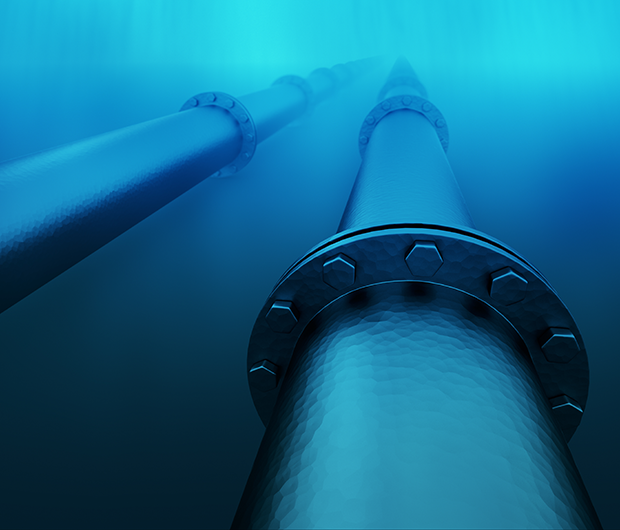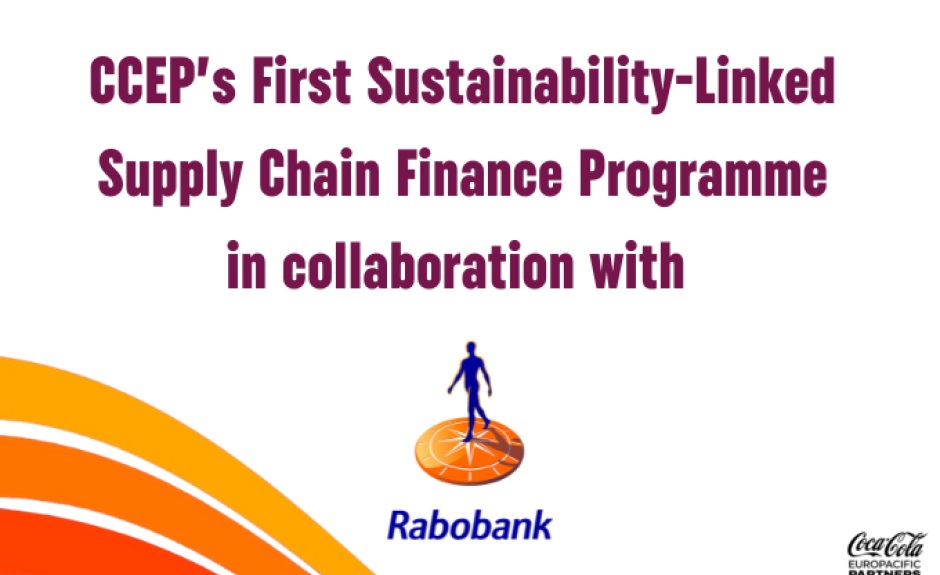Decarbonisation scenarios produced by BP, Shell and Equinor are incompatible with the climate objectives of the Paris Agreement, according to a new study led by research organisation Climate Analytics.
Published today in Nature Communications, researchers analysed six institutional scenarios published between 2020 and mid-2021, including four from the oil majors (two from BP), and two developed by the International Energy Agency IEA.
“Most of the scenarios we evaluated would be classified as inconsistent with the Paris Agreement as they fail to limit warming to ‘well below 2C, let alone 1.5C, and would exceed the 1.5C warming limit by a significant margin,” said Dr Robert Brecha, co-lead author of the study.
Most of the evaluated scenarios would be classified as “lower 2°C pathways” (i.e., pathways that keep peak warming below 2°C with a 66% chance or more). Equinor’s ‘Rebalance’ scenario peaks at a median warming of 1.73°C above pre-industrial levels in 2060, BP’s ‘Rapid’ at 1.73°C in 2058, Shell’s ‘Sky’ at 1.81°C in 2069, and the IEA’s sustainable development scenario (SDS) at 1.78°C in 2056.
Bill Hare, CEO and senior scientist at Climate Analytics, said: “Fossil fuel companies claim that we can continue to burn oil and gas while keeping to the 1.5°C warming limit, and they cite their own scenarios as justification. But our research shows that their pathways would bust the Paris Agreement. Even temporarily exceeding the 1.5C warming would lead to catastrophic impacts and severely weaken our ability to adapt to climate change.”
Latest News
-
Tottenham Hotspur and charities launch film to tackle mental health stigma
-
Russell Hobbs launches food poverty campaign in schools
-
Cardfactory funds homelessness charity’s team of psychologists
-
Bingo firm raises £300,000 for the Stroke Association
-
Sainsbury’s links up with Comic Relief for festive recipe campaign
-
Shepherd Neame extends air ambulance charity partnership
© 2019 Perspective Publishing Privacy & Cookies







Recent Stories